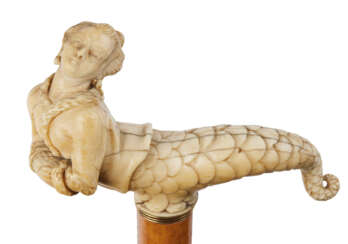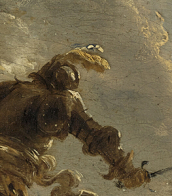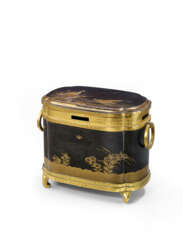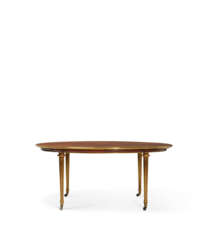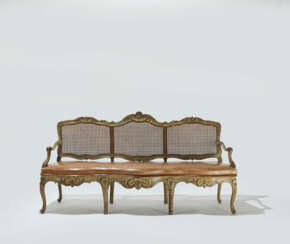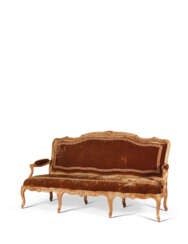bois d'orme

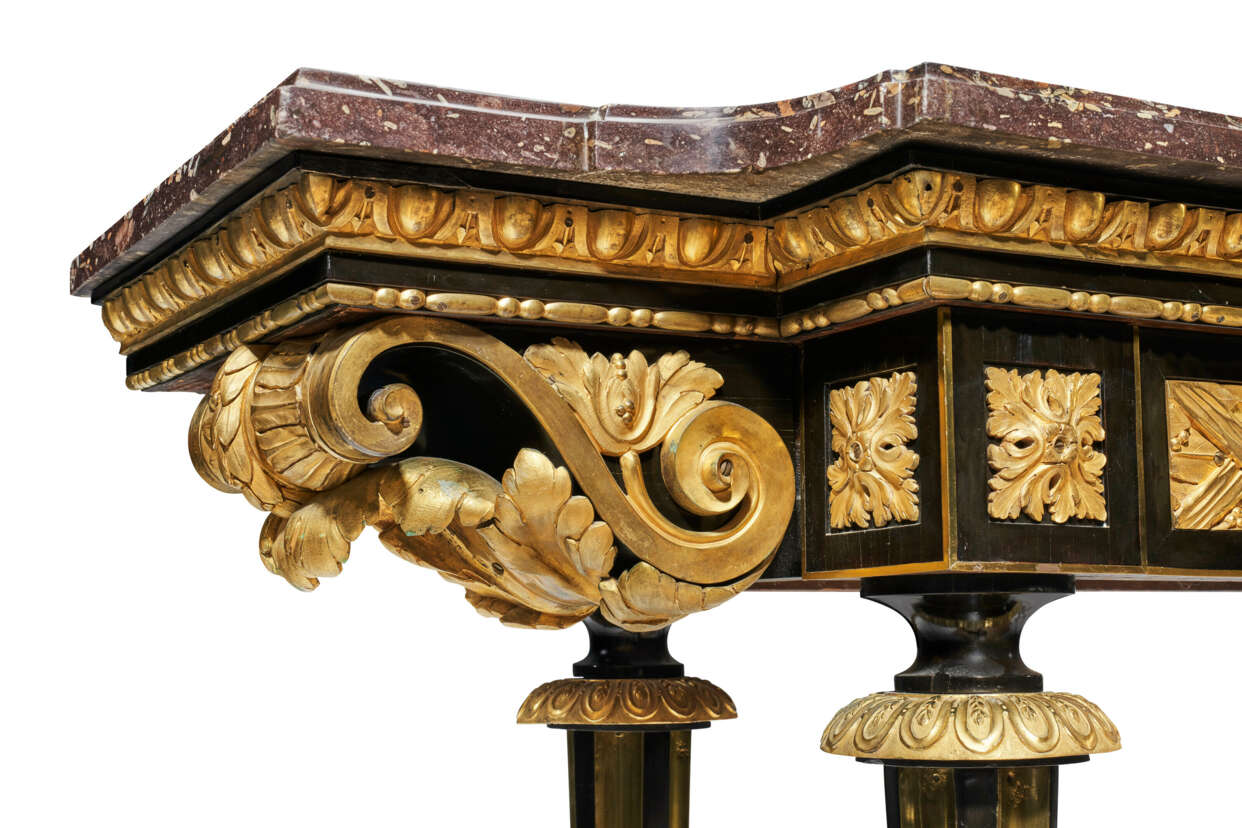
René Dubois was a French cabinetmaker and furniture designer. He followed his father Jacques Dubois, becoming a master ébéniste when he was only eighteen years old. René Dubois continued to work for his father and directed the family workshop with his mother after Jacques's death in 1763. Nine years later Dubois's mother relinquished control of the workshop, selling the existing stock to her son, who agreed to pay her an annuity.
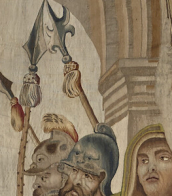

René Dubois was a French cabinetmaker and furniture designer. He followed his father Jacques Dubois, becoming a master ébéniste when he was only eighteen years old. René Dubois continued to work for his father and directed the family workshop with his mother after Jacques's death in 1763. Nine years later Dubois's mother relinquished control of the workshop, selling the existing stock to her son, who agreed to pay her an annuity.
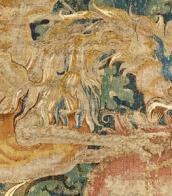
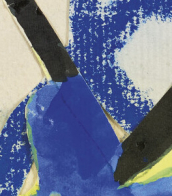
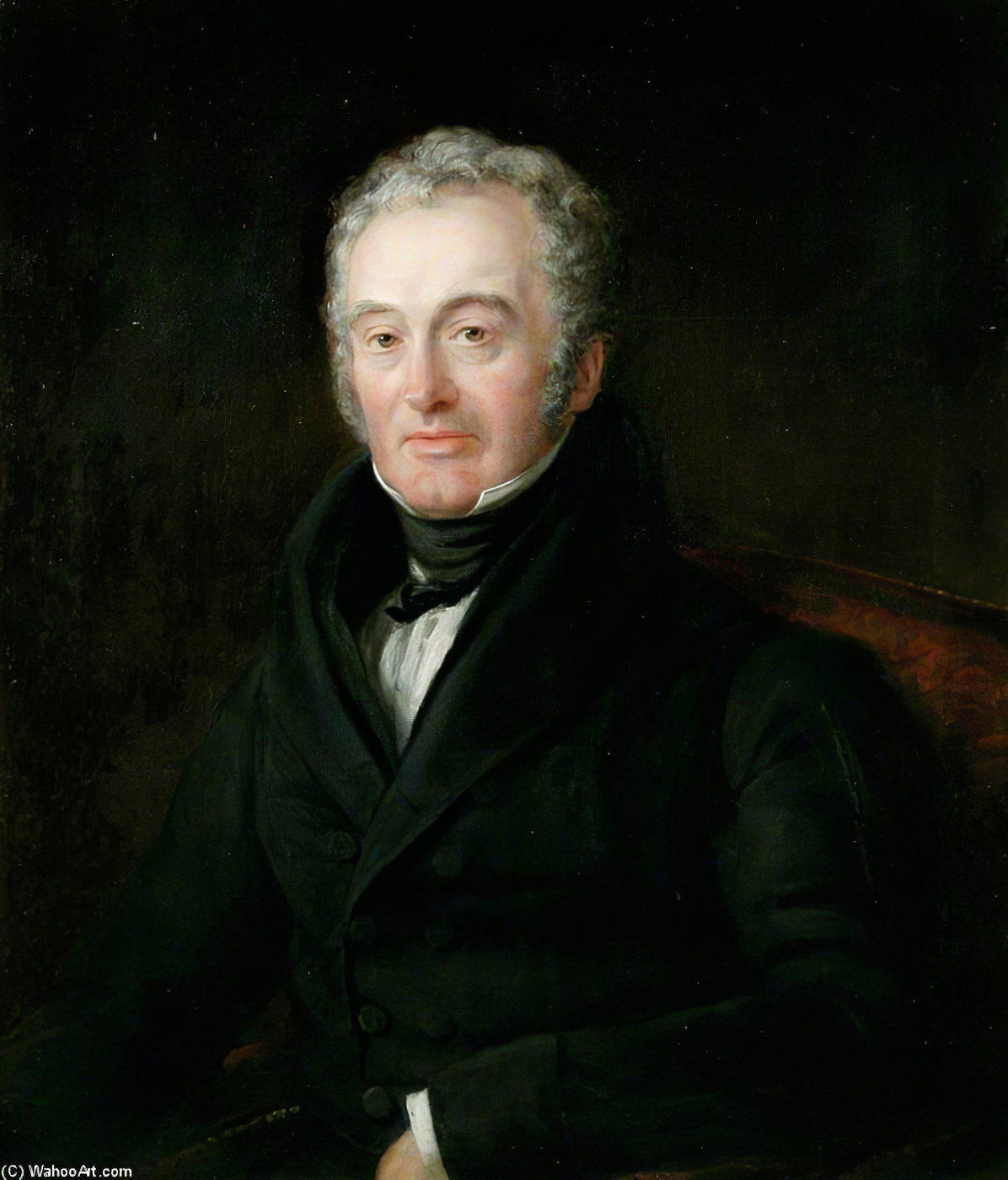

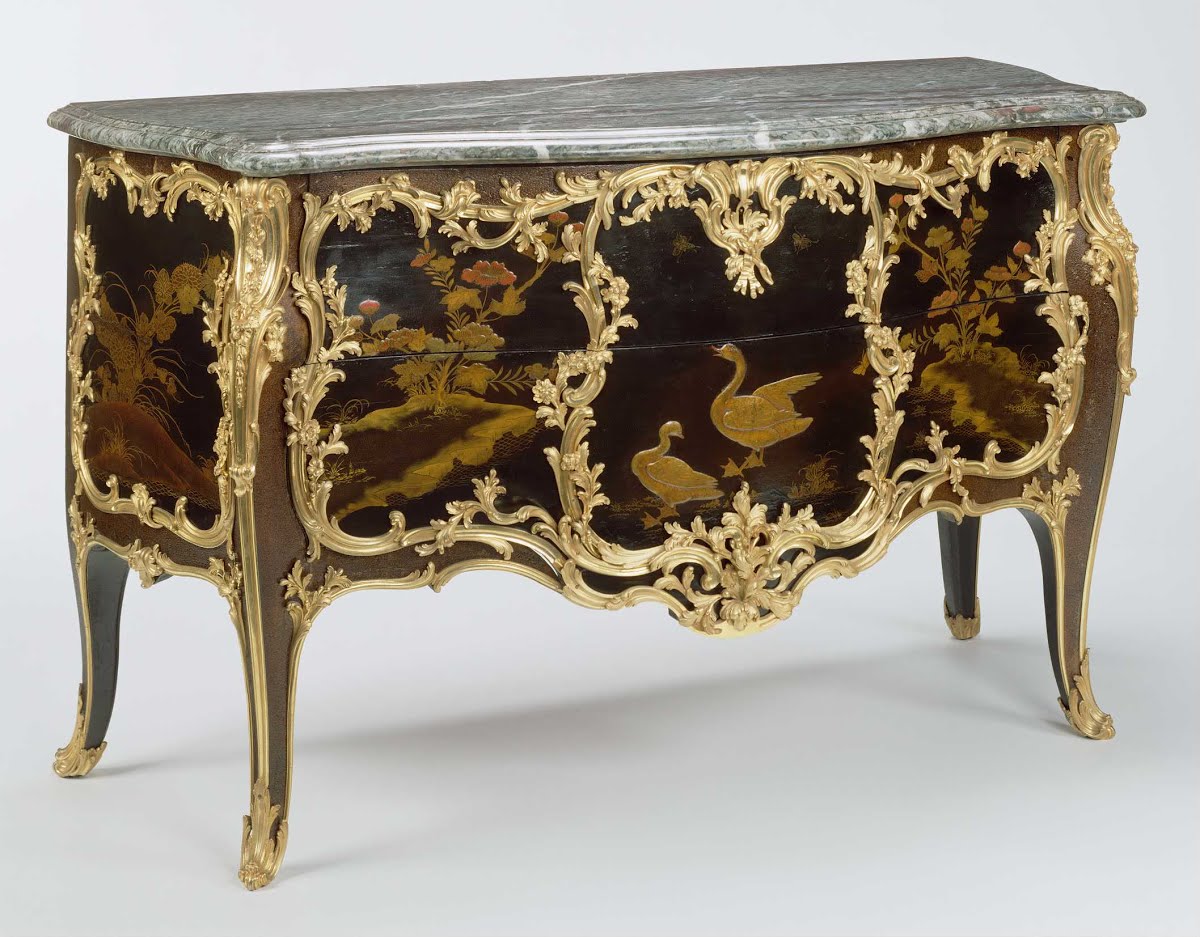
Josef Baumhauer is a French cabinetmaker (ébéniste) of German origin.
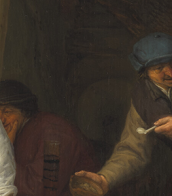

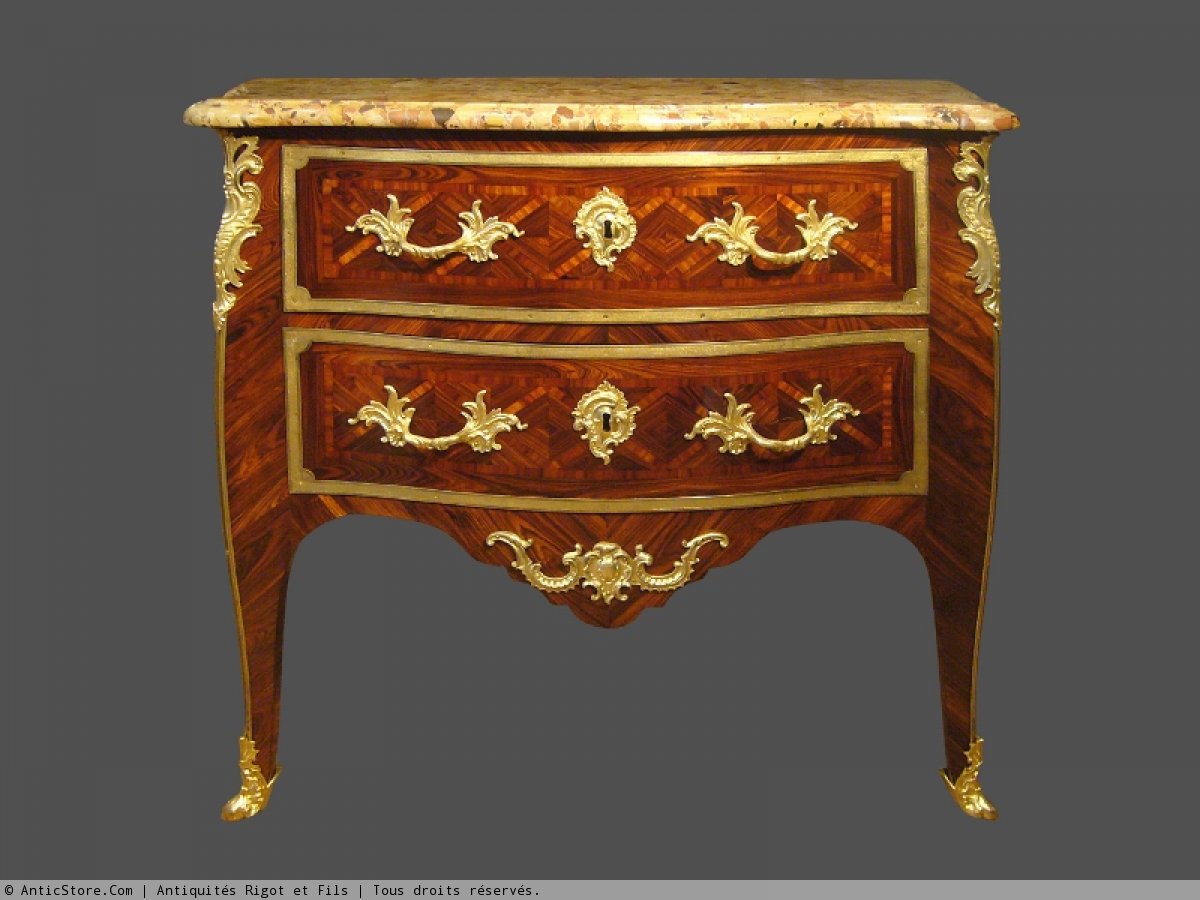
Jean-François Leleu was a leading French furniture-maker (ébéniste) of the eighteenth century who was trained alongside his rival Jean-Henri Riesener, in the workshop of Jean-François Oeben. After his master's death, he became the workshop's lead and became a master ébéniste in 1764. Leleu had the patronage of wealthy aristocrats, including the Prince de Condé, Louis-Joseph de Bourbon. His furniture was known for its high quality, elegance, and restraint, with inlays of diamonds, roses, or floral bouquets. When working for marchands-merciers, he also used inlays of Sèvres porcelain and lacquer. Leleu's clients included the Prince de Condé and Madame du Barry.



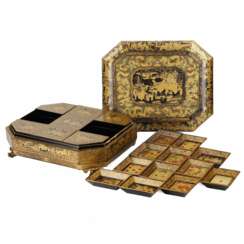

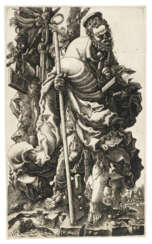

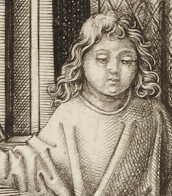
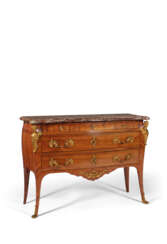



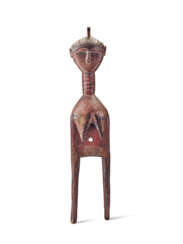

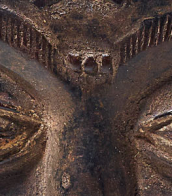




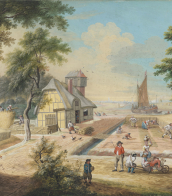
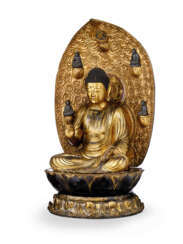

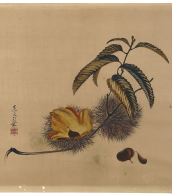
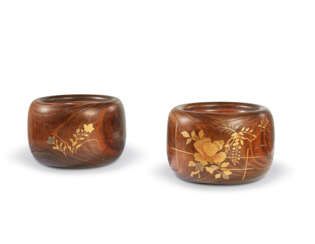

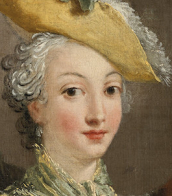
![[BRIAND ou LA CHESNAYE DESBOIS, François Alexandre Aubert de (1699-1784)].](/assets/image/picture_2734926/d3b06/84ca73851d93cec8565ffbf52a34ccaa1679526000jpg__fix_374_244.jpeg)
![[BRIAND ou LA CHESNAYE DESBOIS, François Alexandre Aubert de (1699-1784)].](https://veryimportantlot.com/assets/image/picture_2734926/d3b06/84ca73851d93cec8565ffbf52a34ccaa1679526000jpg__fix_374_244.jpeg)
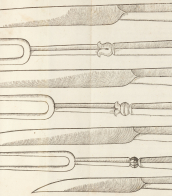


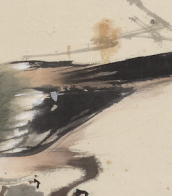
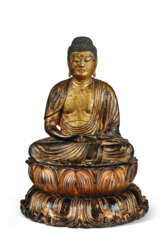

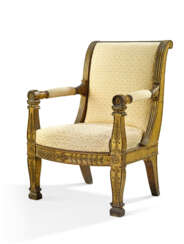

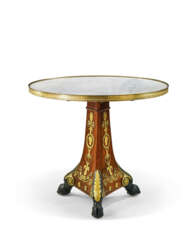

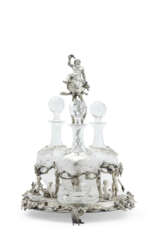

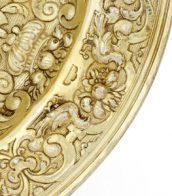


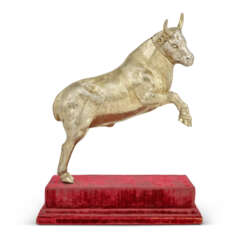

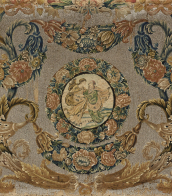
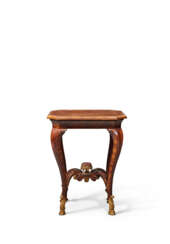

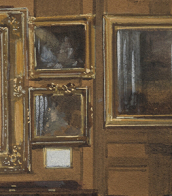


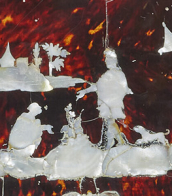
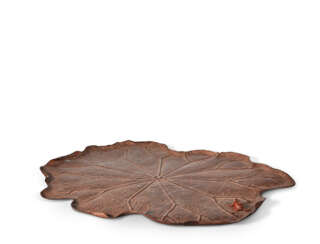

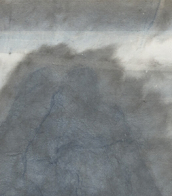
![[Le MAISTRE D'HOSTEL].](/assets/image/picture_2734736/20765/6687e0f7ae2af0a725598233276d35ce1679526000jpg__fix_374_244.jpeg)
![[Le MAISTRE D'HOSTEL].](https://veryimportantlot.com/assets/image/picture_2734736/20765/6687e0f7ae2af0a725598233276d35ce1679526000jpg__fix_374_244.jpeg)
